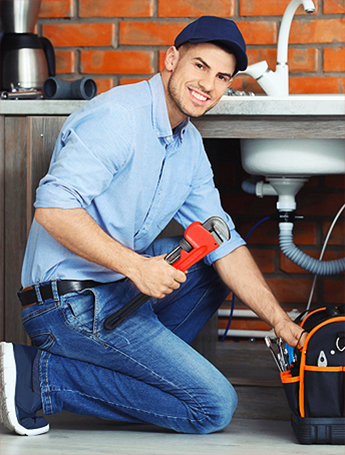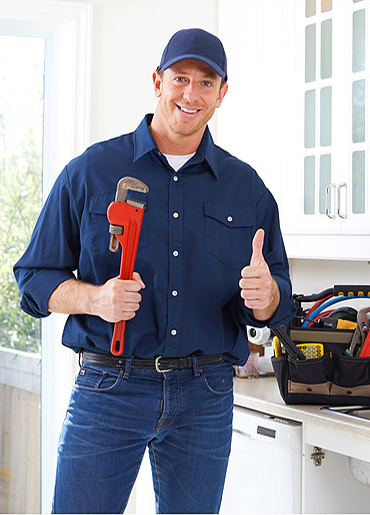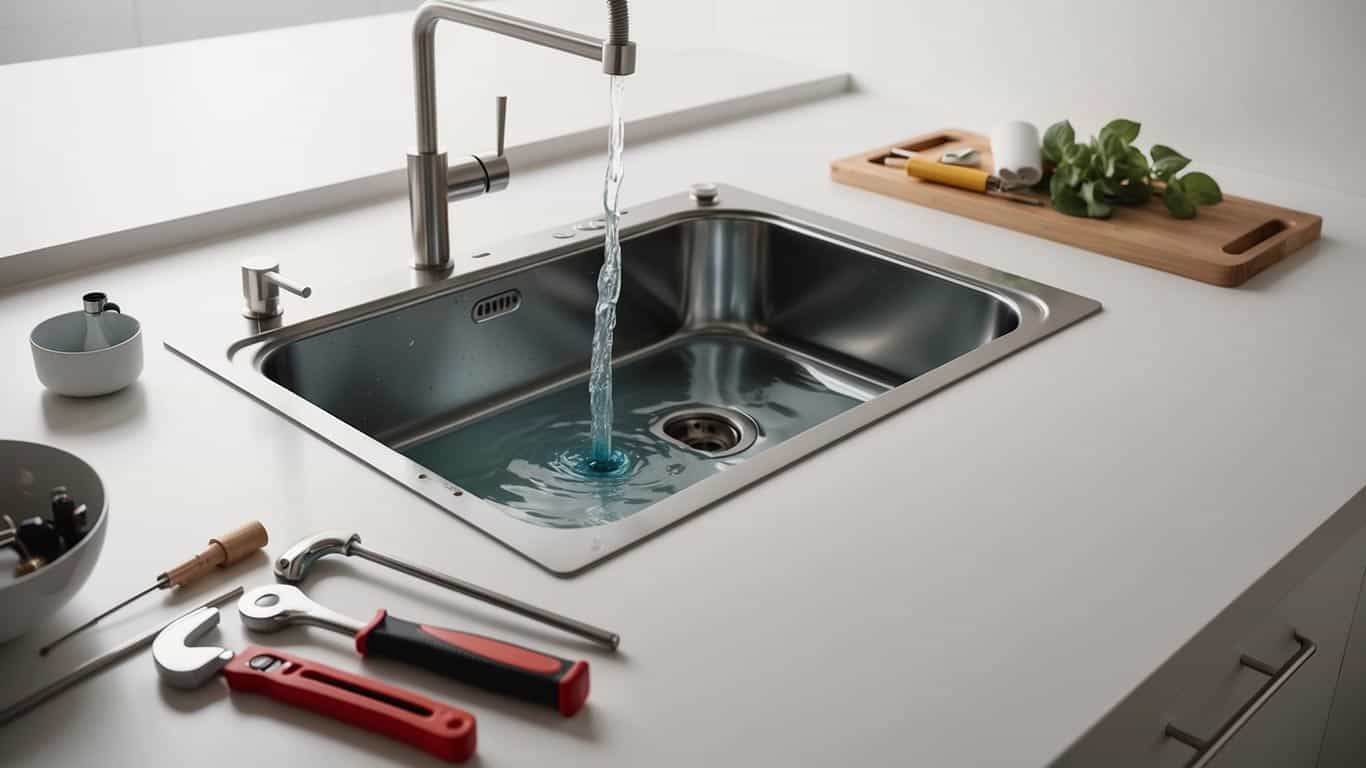
Breaking Down the Bill: Why Hiring a Plumber is So Pricey
Introduction
When it comes to home maintenance, few services incite as much concern over cost as plumbing. Whether you're searching for "slab leak repair near me" or calling an emergency plumber at 2 AM, the reality is that plumbing services can be surprisingly expensive. But why is this? In this comprehensive article, we will delve into the myriad factors that contribute to the costs associated with hiring a plumber. With insights drawn from industry experts and practical examples, we aim to illuminate the often opaque world of plumbing bills.
Breaking Down the Bill: Why Hiring a Plumber is So Pricey
Understanding your plumbing bill involves dissecting various components that go into service charges. From labor costs to materials and overheads, each element plays a crucial role in determining how much you end up paying.
Labor Costs: The Bulk of Your Plumbing Bill
What constitutes labor costs?
Labor costs are typically the most significant portion of your plumbing bill. This includes not only the time spent on-site but also the expertise required for specific tasks such as slab leak repair and water line leak detection.
Expertise Matters
Plumbers undergo rigorous training and certification processes, which adds to their skill set and ultimately their hourly rates. For instance, if you need a water leak detection company, you are not just paying for their time; you're also compensating them for their specialized knowledge.
Time Estimates for Common Tasks
| Task | Average Time Required | Estimated Cost | |-----------------------------|-----------------------|----------------------| | Slab Leak Repair | 3-5 hours You can find out more | $300 - $800 | | Emergency Plumbing Services | 1-3 hours | $150 - $500 | | Water Leak Detection | 2-4 hours | $200 - $600 |
Materials: Quality Comes at a Price
What materials influence plumbing costs?
Material selection significantly affects your overall bill. High-quality pipes, fittings, and fixtures may have higher initial costs but can save money over time due to increased durability.
Types of Materials Used in Plumbing
- PVC Pipes
- Copper Pipes
- PEX Tubing
- Pipe Coating Solutions
Each material has its own price point and application suited for different situations like foundation leak repair or underground leak detection.
Overhead Costs: The Hidden Expenses
What are overhead costs?
Overhead costs include everything from vehicle maintenance to office expenses incurred by plumbing companies. These unavoidable expenses are factored into your total bill.
How Overhead Affects Pricing
For example:
- Vehicle Fuel & Maintenance
- Insurance Costs
- Licensing Fees
These all contribute to why plumbers may charge higher prices than expected.
Emergency Services: Pay More for Immediate Help
Why do emergency plumbers charge more?
If you're frantically searching for "24 hour plumber," it's essential to understand that emergency services often come with premium pricing due to immediate availability and off-hours work.
Cost Breakdown of Emergency Services
Here’s what you might expect when hiring an emergency plumber:
Specialized Services: Expertise Equals Expense
What specialized services elevate costs?

Certain plumbing issues require specialized knowledge or tools—think slab leak repair or advanced water leak detection systems.
Examples of Specialized Services and Their Costs
- Slab Leak Repair: Typically ranges between $300 - $800.
- Underground Leak Detection: May cost around $200 - $600.
In these cases, expertise translates into higher fees because it requires advanced training and equipment.
Understanding Different Plumbing Scenarios That Impact Cost
Residential vs Commercial Plumbing Needs
How do residential needs differ from commercial needs?
The scale and complexity of commercial plumbing systems usually incur higher expenses than residential ones due to larger installations and regulatory requirements.
Preventative Maintenance Saves Money Long-term
Is preventative maintenance worth it?
Absolutely! Regular check-ups can catch minor issues before they escalate into costly repairs. Investing in preventative maintenance can save homeowners significant amounts over time.
Common Misconceptions About Plumbing Costs
Misconception #1: All Plumbers Charge the Same Rate
Many assume that all plumbers have standardized pricing; however, rates can vary widely based on expertise, location, and type of service.
Misconception #2: DIY Can Always Save Money
While DIY solutions seem appealing, they often lead to bigger problems requiring professional intervention later on—thus costing more in the long run.
Tips for Managing Your Plumbing Expenses
1. Get Multiple Quotes
Always compare estimates from multiple plumbers before making a decision.
2. Ask About Warranties
Inquire if repairs come with warranties or guarantees which could save you money in case of future issues.
3. Schedule Off-Peak Service Calls
Consider scheduling services during regular business hours rather than weekends or late nights when rates are higher.

Frequently Asked Questions (FAQs)
Q1: What should I do if I suspect a slab leak?
A1: Contact a water leak detection company immediately to assess potential damage before it escalates further.
Q2: How much does emergency plumbing typically cost?

Q3: Are there budget-friendly options for pipe coating?
A3: Yes! Certain companies offer cost-effective solutions that extend pipe life without breaking the bank.
Q4: How can I find reliable plumbers near me?
A4: Search online reviews or ask friends/family for recommendations to find trustworthy plumbing professionals in your area.
Q5: Is slab leak repair covered by home insurance?
A5: Coverage varies by policy; always check with your insurance provider regarding specific terms related to foundation issues.
Q6: Can I perform my own waterline leak detection?
A6: While some basic checks can be done independently, professional assessment is recommended for accurate detection and repairs.
Conclusion
Navigating through the complexities surrounding why hiring a plumber is so pricey can be daunting—but understanding these factors enhances your ability to make informed decisions about your home’s plumbing needs. From labor rates influenced by expertise to hidden overhead costs that affect service pricing, each component plays its part in shaping your final bill.
Whether you’re facing an urgent situation needing an emergency plumber or planning preventative measures like routine maintenance checks, being informed enables you to approach these challenges more strategically—and perhaps even negotiate better terms with your chosen service provider!
So next time you find yourself contemplating your plumbing bill after searching “slab leak repair near me,” remember this guide as a useful reference point that breaks down every contributing factor behind those seemingly exorbitant charges!